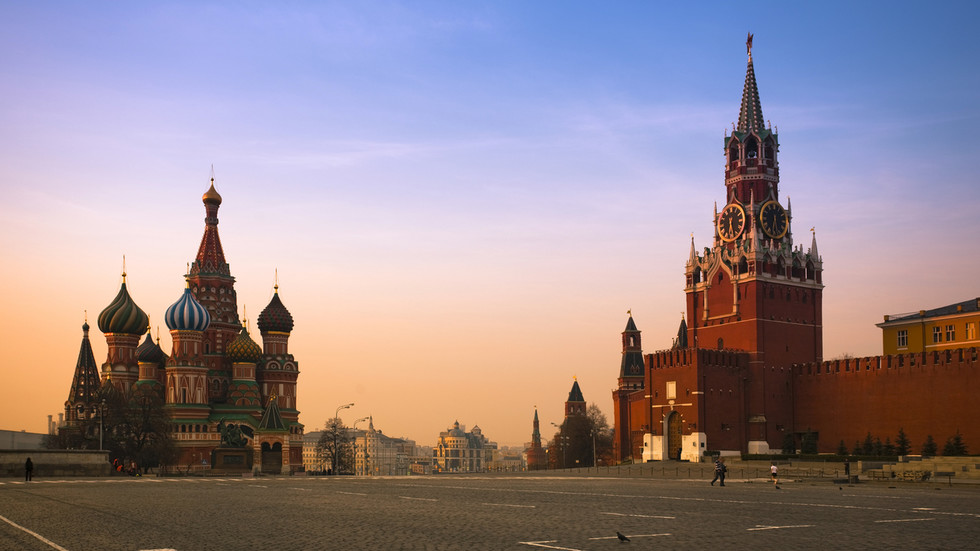In a recent press conference following the BRICS Summit in Kazan, Russian President Vladimir Putin addressed remarks made by former U.S. President Donald Trump regarding a purported threat aimed at Moscow. Trump’s claims, relayed in a conversation with editors from the Wall Street Journal, centered on a supposed dialogue between him and Putin during his presidency. Trump alleged that he had warned Putin that should Russia take aggressive actions against Ukraine, the U.S. would strike back decisively. When the Russian leader supposedly expressed disbelief, Trump claimed to have escalated his rhetoric, vowing that Russia would face severe consequences.
Putin refuted Trump’s claims, stating he could not recall such a conversation with the former U.S. president. He characterized Trump’s comments as typical of the heated atmosphere surrounding U.S. electoral campaigns, suggesting that statements made during this period should not be taken too seriously. According to Putin, the notion of threatening Russia is not only ineffective but also counterproductive, as it merely serves to strengthen Russia’s resolve. His comments highlight the complexities of international relations and the influence of domestic political dynamics on foreign policy rhetoric.
Moreover, Putin emphasized that any threats made against Russia are futile, as they only embolden the nation rather than intimidate it. By framing such threats as ineffective, he reinforced Russia’s strategic posture, asserting that they would not back down in the face of provocation. This discourse serves to bolster domestic support within Russia while also projecting strength on the international stage, countering narratives of weakness or vulnerability amidst ongoing global tensions.
Trump’s assertions, coupled with his criticism of the current U.S. administration’s handling of the Russia-Ukraine conflict, underline a broader political strategy. He claims that had he remained in power after the 2020 election, the Russia-Ukraine conflict would likely not have occurred. Trump’s confidence in resolving the matter swiftly upon re-election further illustrates his ambition to redefine U.S. foreign policy and his assertive stance toward Russia, which resonates with a segment of the American electorate that prioritizes a strong national defense.
The exchange between Trump and Putin reflects the intricate interplay of domestic politics and international affairs. In the U.S., election campaigns often magnify bold claims and positions as candidates seek to differentiate themselves and appeal to voters’ emotions. Conversely, international figures like Putin may perceive these statements through a strategic lens, cautious not to react too strongly to rhetoric that may lack substantive backing in practice or policy.
In summary, Putin’s dismissive attitude toward Trump’s claims encapsulates a broader theme of political posturing inherent in electoral campaigns. By downplaying the significance of comments made in such charged environments, Putin aims to present a steady front, reinforcing Russia’s strength while navigating the complexities of geopolitical tensions. As the world continues to grapple with the implications of the Russia-Ukraine conflict, these exchanges serve as a reminder of how personal interactions between leaders can shape broader diplomatic relations and perceptions.

